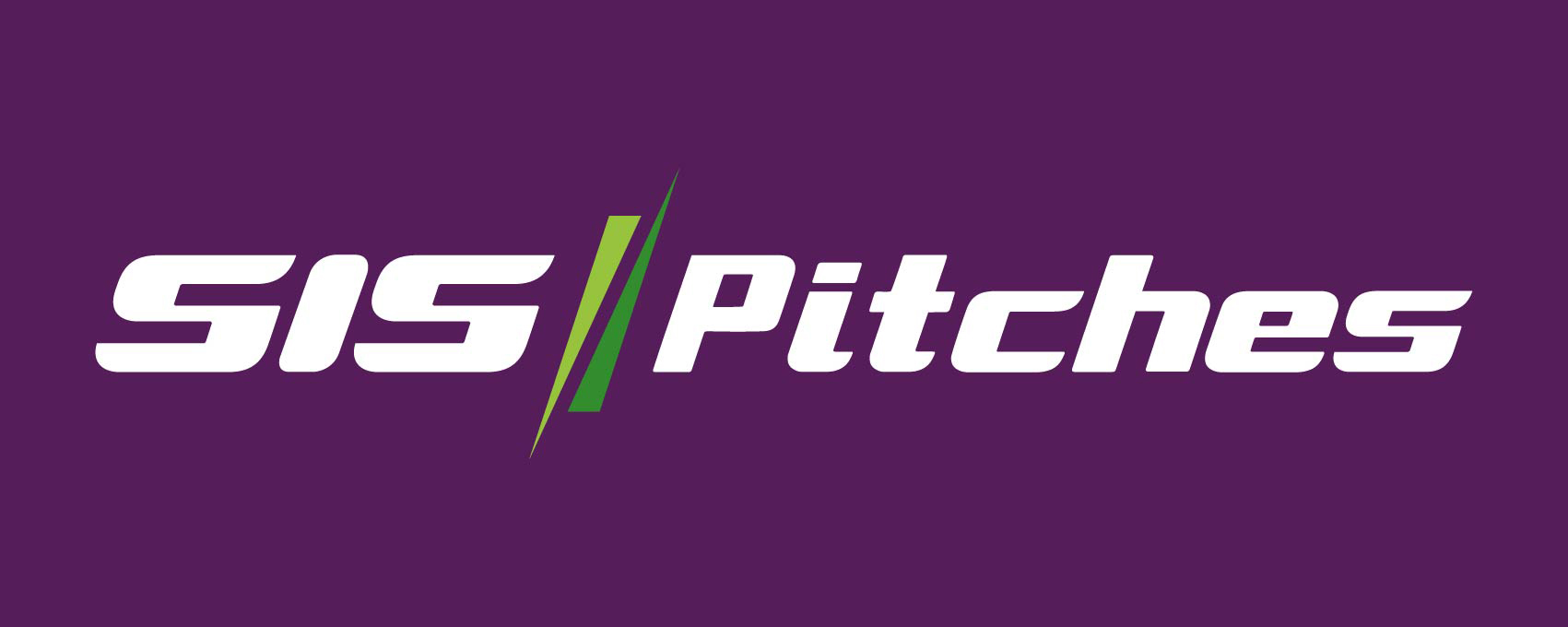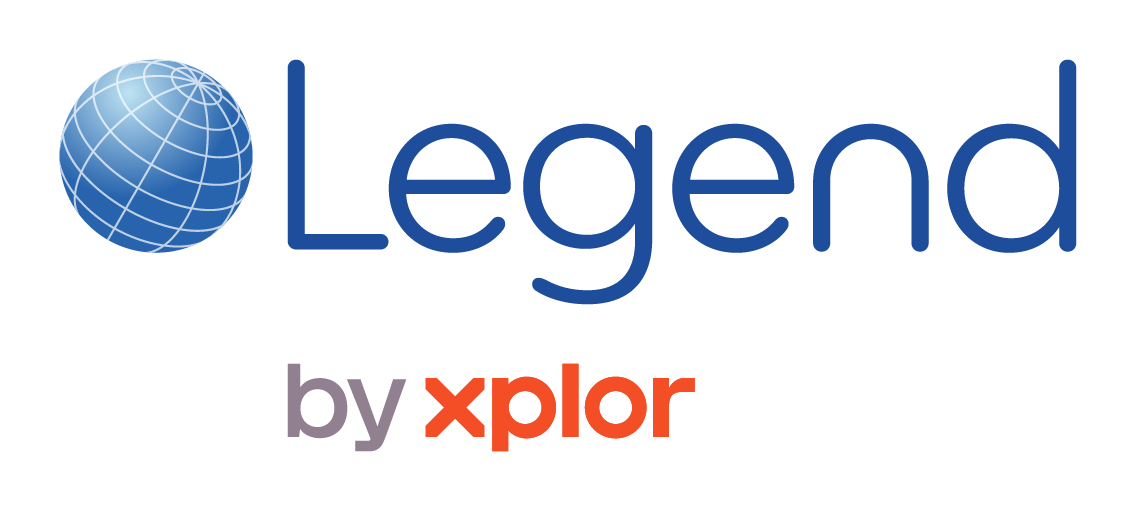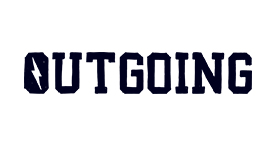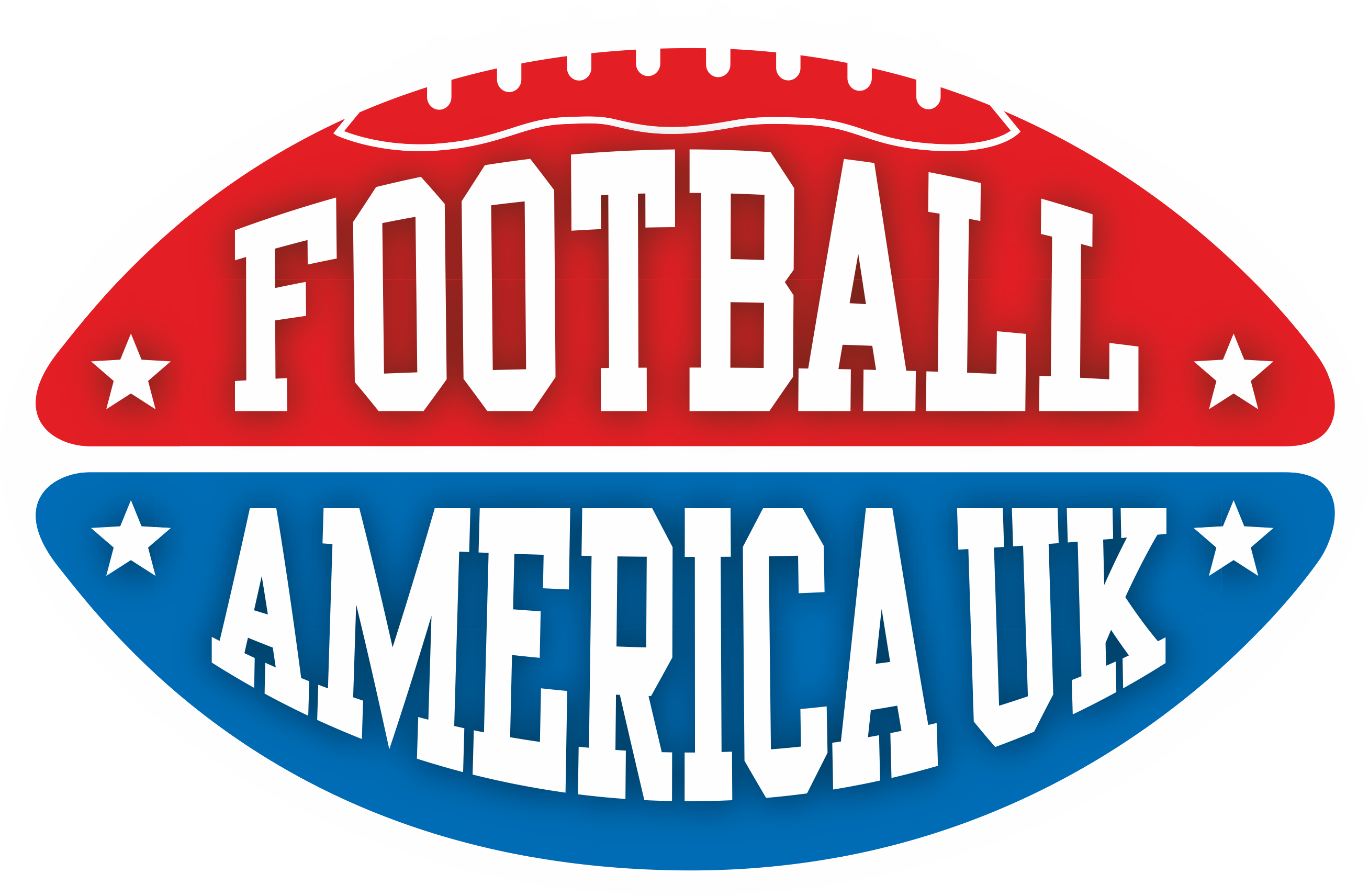Taking up the BUCS Chair role this month, I have been very grateful to receive an influx of kind congratulations and positive messages generously reaching out to me from across both the educational and sport sectors. The consensus of these colleagues, however, has been much more profound than a simple ‘well done’. There has been a clear articulation of the increasingly important role of sport and physical activity in the experience and outcomes of all our students, and indeed our wider community, and the central role that BUCS can and should play in further unlocking this potential.
These rallying calls provide even further focus on BUCS’ strategic aim of delivering exceptional student sporting experiences that inspire, develop, and unite. In today’s provocation, I reflect on the commonly cited ‘transformative powers’ of sport and physical activity, and the role BUCS has - and could have - in advancing and extending these benefits as far as possible across UK higher education and the communities we serve.
Performance Sport
The UK has one of the largest higher education sport networks in the world, and provides a key pathway to professional levels. If BUCS were a country, we would have been third in the 2022 Commonwealth Games medal table with an incredible 132 medals won by BUCS athletes and alumni. In the most recent Olympics we would have finished seventh with 53 medals, and ninth in the Paralympics, with 35 medals. These are remarkable accomplishments.
Maintaining the gold standard for higher education sport and maximising future performance is critical, and part of our work at BUCS will be to further raise awareness of and advocate for the supercharging infrastructure that supports this pathway into professional sport.
Participation Sport and Physical Activity
BUCS’ league and knockout programmes span 24 sports, with over 4,800 teams currently registered. In the 2022-23 academic year, more than 80,000 team members took part in these programmes, with many more students engaging in some aspect of a sporting activity event including as spectators. Yet there are more than 2.7 million higher education students in the UK - enough to fill Wembley Stadium 30 times - many of whom are not currently engaging in any form of sport or physical activity more generally.
Encouragingly, more and more universities and colleges are investing in participation sport opportunities and pathways, aligning our sector with the aims of Sport England’s Uniting the Movement strategy, which encourages communities and institutions to champion the life- changing impact of being active, and ensure everyone across the nation can benefit from it. Targeted investment can boost engagement amongst groups of students who were previously underrepresented and build inclusive infrastructure to encourage physical activity.
BUCS has a role to play in supporting the higher education community to ensure that everyone who wants to participate has access to sport and physical activity, removing barriers and being part of a wider solution to address many of society’s biggest challenges. The ‘A B C of support’ below outlines a range of work and initiatives going on to achieve these goals and represents a provocation to our members to engage with us in the future evolution of BUCS.
Access, activity, achievement
Sport and physical activity are key contributors to improved physical and mental health. There is now an overwhelming body of evidence that being active can help prevent ill health, support pain management, and improve quality of life; it can also lift mood, reduce unhealthy behaviours, and decrease one’s chances of developing anxiety and depression. Research also concludes that students with better health and wellbeing are likely to achieve better academically. The support of health gain, then, should positively impact learning gain too. At the University of East London we have recognised this by making health gain a primary objective of our institutional strategy. Other universities too, such as Nottingham Trent, Westminster, Sheffield and Glasgow Caledonian are explicit about sport and physical activity’s centrality to their strategic goals of building inclusive communities and enhancing students’ wellbeing.
Effectively communicating the benefits of sport and physical activity to those who do not usually participate is also key to addressing health inequalities and barriers to learning gain. BUCS holds an important role in advocating for the power of sport in improving health and in raising awareness about the importance of incorporating regular physical activity into the lives of not only students, but of all members of our communities. It is important that, together, we explore the role of BUCS in supporting a whole-university approach to health and wellbeing including The University Mental Health Charter, the role of sport in social prescribing, championing inclusive initiatives, access to sporting infrastructure such as UNIversal Gym (which allows students and staff to access facilities across the UK), and creating spaces where every student feels valued and has the chance to flourish and thrive, regardless of background or ability.
We must make sure that we follow this up by building inclusive routes to participation too. Public Health agencies will often give guidelines as to what constitutes 'regular physical activity,' but we must also acknowledge that capacity and capability varies for individuals, and can be subject to a number of (often intersectional) challenges and constraints. We must be brave enough to challenge ourselves and think differently about what constitutes meaningful physical activity, understanding that this will not look the same for everyone. For example, some disengaged or disaffected individuals may benefit from active participation if we recognise the potential of arts and culture to provide these benefits too. Dance, theatre, and 'making' may appear more attractive to some, and can have a place in the suite of physical activities offered by universities alongside collegiate sports. Beyond this, communicating the breadth of roles that comprise the sport ecosystem is vital. Participation in sport includes playing, competing, coaching, officiating, administrating, supporting, and any number of other enabling roles.
Part of this work will involve continuing to commission and promote high-quality research and analysis with BUCS partners, to help us understand the barriers that students face. For example, BUCS research into the cost-of-living crisis found that 65% of students felt their financial situation was having a negative impact on their ability to take part in sport and physical activity - such is the fundamental role it plays in their overall health and wellbeing, sport should be a part of the cost-of-living conversation. BUCS Active supports institutions to deliver a variety of physical activity programmes for underrepresented groups and the BUCS Race and Equality Research Report with the University of Wolverhampton also made important recommendations for higher education to consider in sporting provision when it comes to inclusion.
Belonging, belief, becoming
Sport plays an integral role in university life (and beyond), particularly in its ability to create a sense of belonging for students, and sport participation can build pride and advocacy for one’s institution. Research has found correlation between students actively participating in sport and increased student retention. Belonging in a particular community or group provides social support, builds friendships and community, and contributes to identity confirmation, positive self-image and the creation of a ‘place of refuge’. As we know a sense of belonging is a significant factor in students’ retention, engagement and overall success, mechanisms that facilitate this belonging, such as sport and physical activity, are crucial in higher education.
Sport is a universal language that crosses boundaries, bringing people together, often from different backgrounds who may not otherwise have connected, in a shared pursuit of achievement, competitive spirit, and enjoyment. It can break down barriers, develop empathy and understanding, and build resilience and self-belief. Whether in the exhilarating highs of victory or the resilient response to defeat, sport can inspire, empower, and catalyse positive societal change.
The role of higher education sport and physical activity more generally is increasingly being considered in a more integrated approach to student life and the student experience. The common elements that motivate individuals to participate in sport and facilitate enjoyment (challenge; competency - the sense of becoming ‘better’; and community - working with others towards a common aim) are all drivers of student engagement. BUCS has an opportunity to support higher education institutions to facilitate the ‘spectrum’ of sport and physical activity experiences, from the most informal participatory activity to the top-level BUCS teams, providing inclusive opportunities for every student to enhance their lives.
Character, connections, careers
Higher education sport and physical activity play significant roles in enhancing the broader UK sport sector, providing facilities, workforce, investment, training, and support for athletes. The multi- faceted opportunity of HE for talented athletes, for example as recognised by TASS- accreditation, is significant and supports strong sporting career development. More generally, participation in sport is well-known in building a variety of sought-after interpersonal skills and competencies for careers beyond sport, including strategic and analytical thinking, leadership skills, goal setting and risk taking. Skills enhancement, volunteering experience, and development pathways are all opportunities for careers support through sport. Recognising this, BUCS could hold a greater role in supporting its members, users and communities with recognised frameworks and prospects for higher education employability skills and experience development, and in supporting student progression.
Alongside this, strengthening ties between universities, colleges, sports organisations, business, government and local communities to harness the power of partnership, creating an ecosystem to increase both the diversity and the strength of talent pathways. We must listen to feedback from these partners and reflect on the constantly changing world of sport and its professions, to ensure that the support and pathways we offer are fit for the future. From urban sport to esports, BUCS will continue to evolve to address the needs of the communities we serve. As the country and its leaders continue to tackle the effects of an economic downturn, with growth and recovery central to this year’s election campaigns, we should remind people of the vital economic contribution of sport - Sport England findings show that for every £1 spent on physical activity in England, £3.91 is generated, and community sport and physical activity produces £85.5 billion annually to the UK economy.
The Future
The main message I wish to convey as I take up my position as Chair is that: BUCS is here for you. Whether you are aiming to get into the BUCS Top Ten or lead in one or more sports; achieve a BUCS Physical Activity Excellence Award; significantly increase sport participation in your institution; build an active campus for all; use social prescribing frameworks to support emotional health; engage communities beyond campus boundaries; build inclusive talent pathways; or are simply increasing opportunities to get physically active, BUCS is ready to support your ambitions.
BUCS has been at the forefront of sporting excellence in higher education for over 100 years. As we further build our offer of exceptional sporting experiences, focussing constantly on creating value for our members, I look forward to working with all our community to help write the next chapter of BUCS, and ensure that higher education sport truly unlocks its transformative power for the future.















